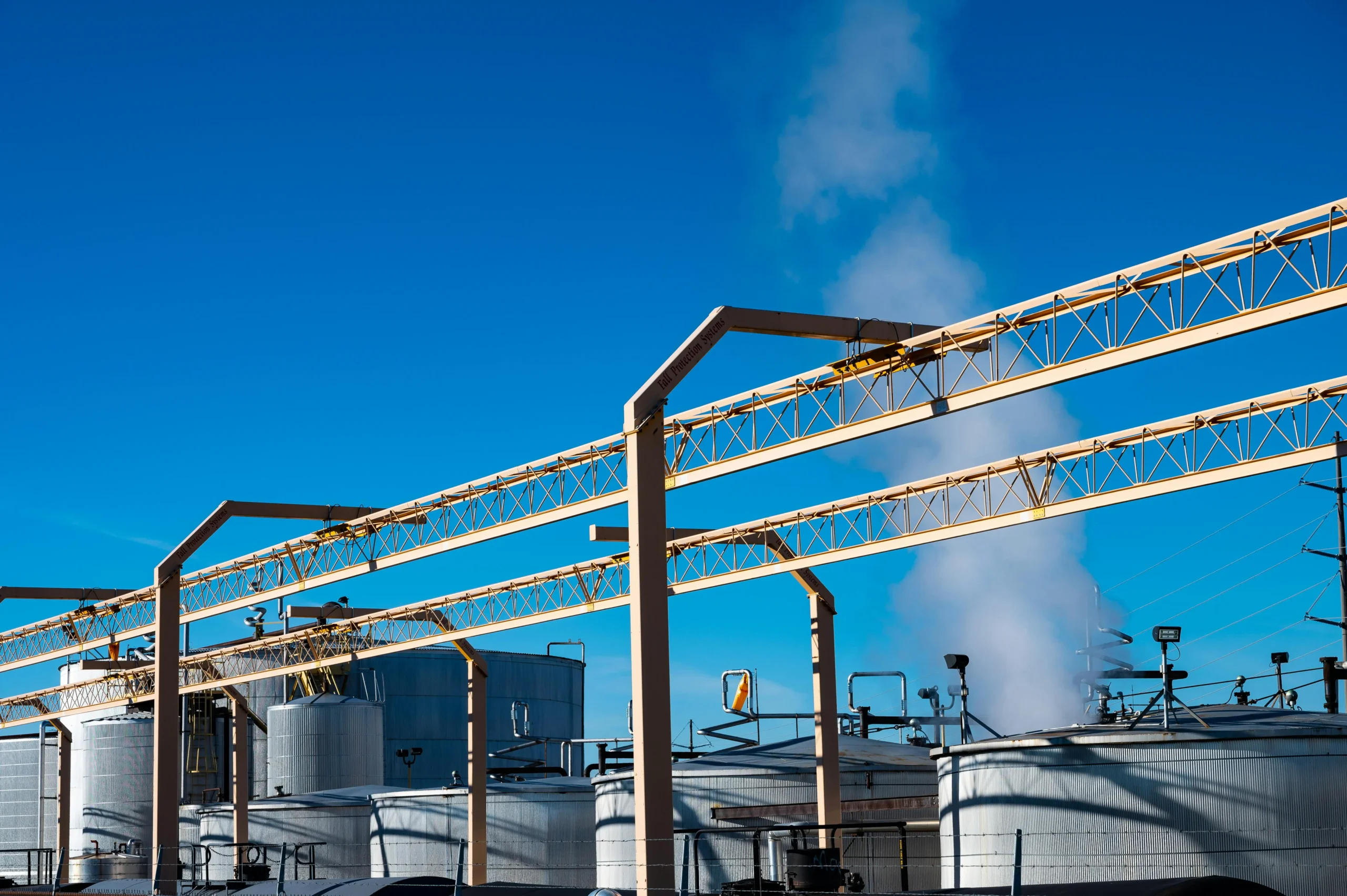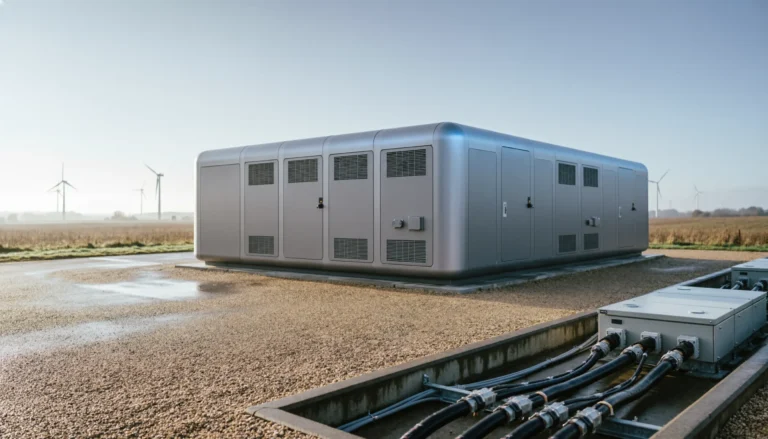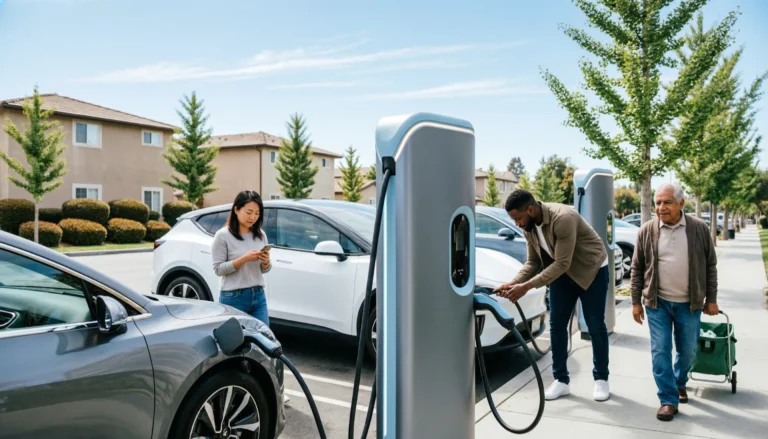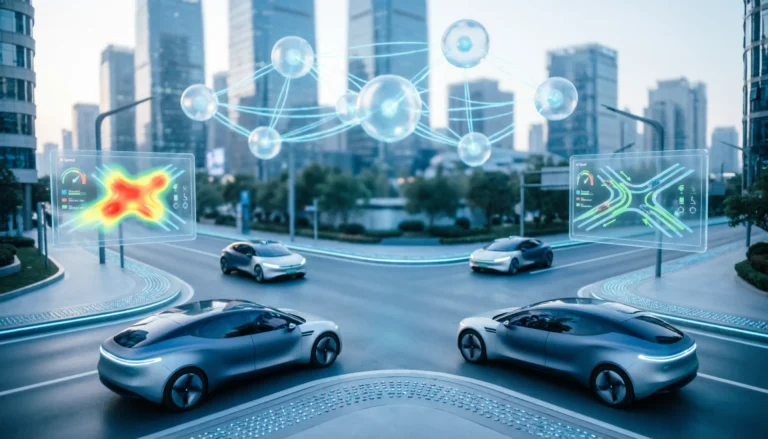
Our Taizhou manufacturing plant has switched to biogas, making it our first plant in China to achieve climate-neutral status. The plant’s switch from natural gas will result in a reduction of more than 7,000 tonnes of CO2 per year.
Despite being a small share of our total Scope 1-3 emissions of 43 million tons, securing climate-neutral energy for our Taizhou plant is an important step towards our goal of having climate-neutral manufacturing operations by 2025 and reducing emissions across our global operations. This ambition is also part of our broader aim to reach net zero greenhouse gas emissions by 2040.
Just like all our manufacturing plants worldwide, the Taizhou plant already used climate-neutral electricity, and this latest move makes sure that it also has climate-neutral heating. It’s our second car plant globally to become climate-neutral after our Torslanda facility in Gothenburg, Sweden.
“We’re acting fast when viable climate-neutral energy alternatives become available,” says Javier Varela, chief operating officer and deputy CEO at Volvo Cars. “The switch to biogas at our Taizhou plant demonstrates how each of our manufacturing locations across the globe is developing its own climate-neutral energy mix, based on what’s available in the region.”
Our Taizhou plant’s energy supply comprises of electricity and heating. It produces around 40 per cent of its electricity need from on-site solar panels – a share that is set to expand in the coming years. The remaining 60 per cent, which comes from the grid, is also climate-neutral electricity from solar. Its heating need is, with this latest switch, met by using climate-neutral biogas.
Volvo Cars recently expanded our sustainability strategy with new ambitious goals for the coming years. Our new aim to reach zero greenhouse gas emissions by 2040 builds on our previous ambition of being climate neutral by 2040. It clarifies that our first priority is to reduce real emissions before turning to carbon removals to mitigate any unavoidable emissions. We are also encouraging our suppliers to do the same.
Since the release of our company’s first sustainability strategy in 2019, we have made good progress towards our climate action targets. On top of reducing CO2 emissions from our total operations by using 74 per cent climate-neutral energy, we are also progressing well towards our overall CO2 targets.
The small print
Volvo Cars climate targets cover all emissions in Volvo Cars GHG protocol except the subcategory “Production and distribution of fuel and electricity” within the category “Use of sold products”.
——————————-
Volvo Cars in 2023
For the full year 2023, Volvo Car Group recorded a record-breaking core operating profit of SEK 25.6 billion. Revenue in 2023 amounted to an all-time high of SEK 399.3 billion, while global sales reached a record 708,716 cars.
About Volvo Car Group
Volvo Cars was founded in 1927. Today, it is one of the most well-known and respected car brands in the world with sales to customers in more than 100 countries. Volvo Cars is listed on the Nasdaq Stockholm exchange, where it is traded under the ticker “VOLCAR B”.
“For life. To give people the freedom to move in a personal, sustainable and safe way.” This purpose is reflected in Volvo Cars’ ambition to become a fully electric car maker by 2030 and in its commitment to an ongoing reduction of its carbon footprint, with the ambition to be a climate-neutral company by 2040.
As of December 2023, Volvo Cars employed approximately 43,400 full-time employees. Volvo Cars’ head office, product development, marketing and administration functions are mainly located in Gothenburg, Sweden. Volvo Cars’ production plants are located in Gothenburg, Ghent (Belgium), South Carolina (US), Chengdu, Daqing and Taizhou (China). The company also has R&D and design centres in Gothenburg and Shanghai (China).
Source link:https://www.media.volvocars.com/







